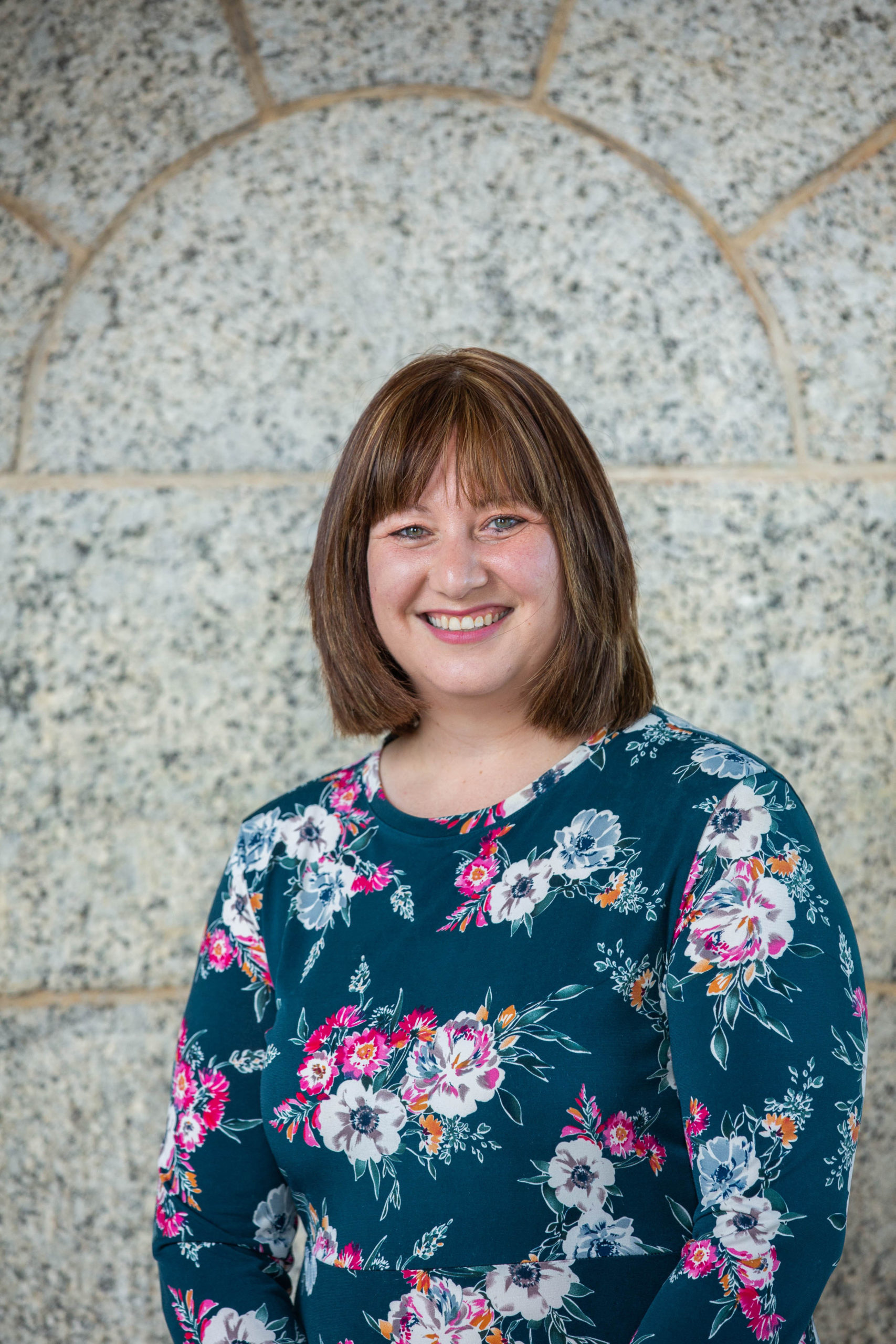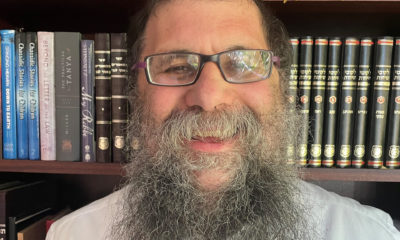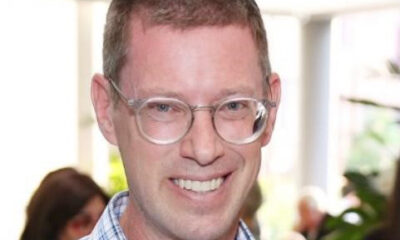
Religion

Why Megillat Ruth is more than a Cinderella story
Published
2 years agoon
Megillat Ruth is only four chapters long, but we read it every year on Shavuot, the festival celebrating the giving and receiving of the Torah. The act of our acceptance of G-d’s laws is essentially what makes us the Jewish people, and so we have to wonder why this seemingly simple Cinderella-type story is read at such an auspicious time. When we move beyond the simple words and begin to explore the many layers of complexity within, we begin to understand exactly why this book is so important, the timeless lessons it holds, and that the messages it shares are for then, now, and always.
Rabbi Zeira asks (in summary) that if the Megilla doesn’t contain laws of impurity or purity, or prohibitions, or what’s permissible, why was it written? He answers that’s it’s to teach us how good the reward is for those who show kindness. (Ruth Rabba 2:14)
Ruth is one of the most famous converts in Tanach. The Midrash reveals that she was the daughter of Eglon, and therefore a Moabite princess accustomed to a life of riches and comfort. When her husband, Machlon, dies and she’s left with nothing, she chooses to “cleave – davka bah” to her mother-in-law and return with Naomi to Beit Lechem. Beautifully, the word used for their return is shuv (turning) and an obvious question is how Ruth can return to Israel when she’s never been there before. The commentaries suggest that this could be the point of her conversion.
Ruth’s cleaving to her mother-in-law is described as an incredible act of kindness. We have to remember that then, if a woman didn’t have a father, husband, son, or brother to protect and provide for her, she had nothing financially and was incredibly vulnerable. We see proof of this in the words that Boaz says on meeting her in chapter two, verses eight and nine, instructing Ruth not to go to another field, to stay close to his maidens while harvesting, and he reassures her that his servants have been ordered not to molest her. Ruth’s act of selflessness is illogical and makes no sense unless we understand that giving up everything to look after her mother-in-law is exactly who she was. The first 14 verses of the Megilla talk about Ruth and Orpah interchangeably, there’s nothing that makes them stand out until Orpah kisses Naomi, and Ruth responds by cleaving to her. This action changes the course of her history, and ultimately our own.
In the eighth verse of chapter one, Naomi blesses Ruth and Orpah for their kindness. “God will do chesed with you, just as you have done with the dead and with me.” The commentaries explain that this kindness was arranging the burial shrouds, paying for the burials (Naomi was penniless), and remaining with their mother-in-law even though their reason for connection was gone. We’re aware that the greatest form of kindness is to those who have passed. When giving to someone who is alive, even if it’s unconscious, we might be giving so that they owe us. But helping those who can never repay us is the ultimate kindness.
There’s certainly something special about Ruth. When observing the goings on of his field, Boaz makes enquiries about who she is, and the commentaries debate what character trait it is that makes Boaz notice her. Is it her beauty, her intelligence, her grace and modesty, her knowledge of the intricate laws of shmita, leket, and payah, or is it simply that she was wearing the clothes of a Moabitess? When Boaz speaks to her, he relays the special things he’s heard about her, her kindness to Naomi, and the subtle textual link of her to Avraham. Boaz says, “You left your father and mother and the land of your birth and went to a people you had not known.” Avraham in Parshat Lech Lecha is commanded by G-d, “Go for yourself from your land, from your relatives, and from your father’s house to the land that I will show you.” Our forefather was known for his kindness, and so this subtle textual link that Ruth is a female Avraham is powerful indeed.
Naomi comes up with a plan to seduce Boaz on the threshing floor after the barley harvest. It’s interesting to note that although Ruth does everything her mother-in-law instructs her to do, the actual doing is a different order to the instruction. Ruth takes ownership of her life, her destiny. She taps into a part of herself that she left behind when becoming a Jewess, but this allows her to be a much greater version of herself, in fact it’s on the threshing floor that Ruth identifies herself to Boaz as Ruth – previously she described herself as a nocri, meaning a foreigner. Ruth’s ancestor had seduced Lot in a cave after the destruction of Sodom. The two sisters, believing that the world had been destroyed, in a warped act of kindness get their father drunk and sleep with him. The sons born from this become the nation’s Moav and Amon. But there’s a key difference to the two seduction stories. In the case of Lot’s daughters, Lot is drunk. In the story of Ruth, she lays down next to the sleeping Boaz, uncovers him, and waits for him to wake up. There’s no deception, Ruth says, “I am Ruth.”
The healing that Ruth brings goes far beyond her ancestor. The Megilla begins the story describing where the Jewish people are at. It’s the time of the judges, and there’s a terrible famine. Famine in Tanach is generally viewed as a punishment and a sign that the world isn’t in a healthy space. The time of the Judges was a period after the leadership of Yehoshua and before kingship. It was a time of terrible turmoil, persecution of the vulnerable, and immorality. There was little justice, and the Jewish people had become “Moav like”, a nation known for their selfishness and immorality. Enters Ruth, a Moabitess who through her courage, selflessness, and, of course, kindness, reminds the Jewish people what they have forgotten and gives them the opportunity to heal and return in her descendant, the greatest king we ever had, David Hamelech.
Every year, when we read the Megilla, we should take courage in the bravery of Ruth, be inspired by her bold actions, and find ways where we too can bring more kindness into the world. Chag Sameach!
- Aviva Thurgood is the rebbetzin of Beit Midrash Morasha in Cape Town, a practicing physiotherapist, and a proud mother of four.










